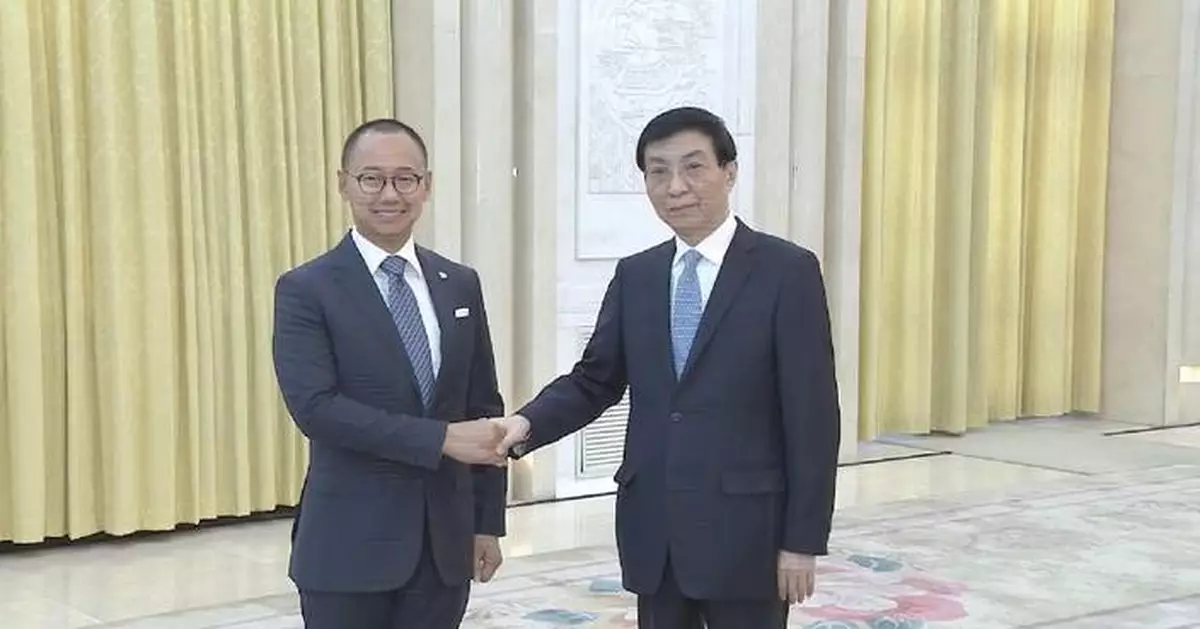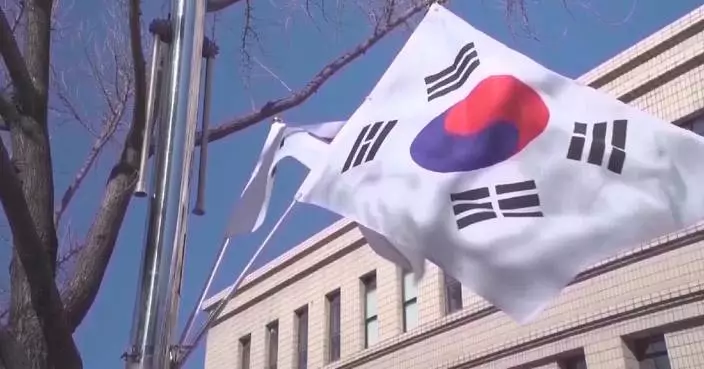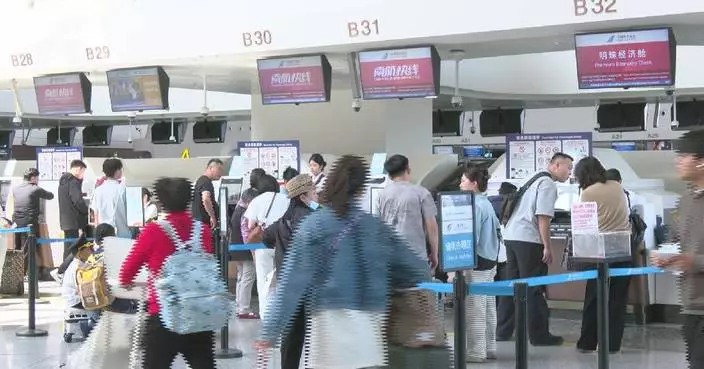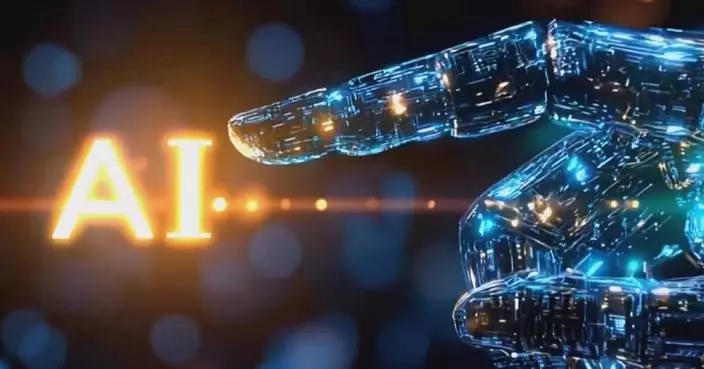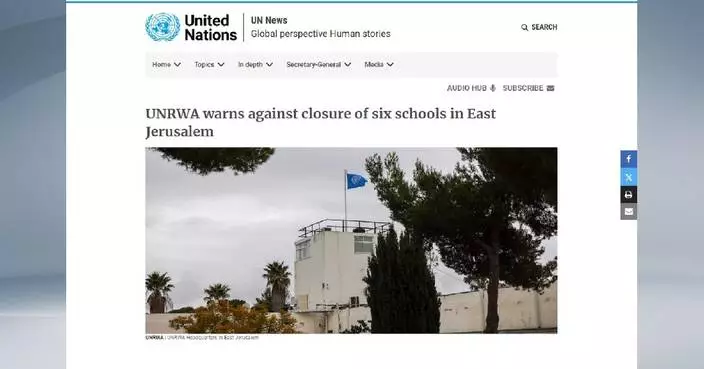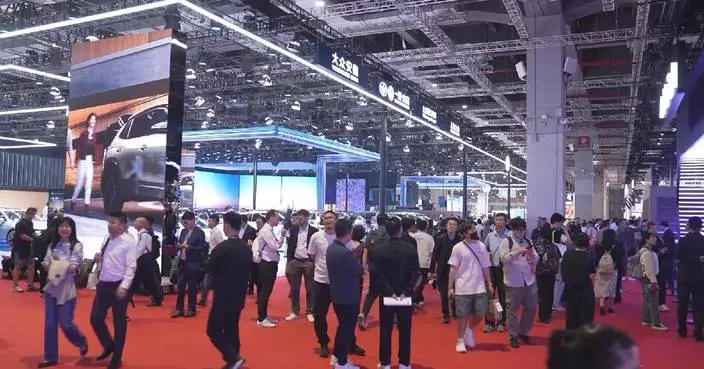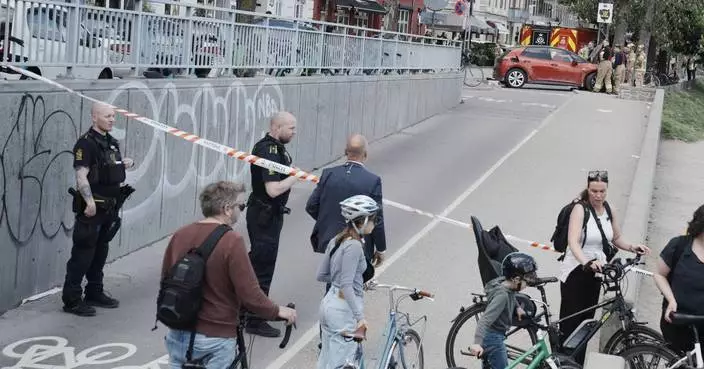China's top political advisor Wang Huning met with Eddy Soeparno, Deputy Speaker of Indonesia's People's Consultative Assembly in Beijing on Tuesday when they discussed relations between the two countries. Wang, chairman of the National Committee of the Chinese People's Political Consultative Conference (CPPCC), said that China and Indonesia enjoy long-standing and profound friendship. Under the strategic guidance of the two heads of state, China-Indonesia relations have entered a new stage of jointly building a community with a shared future.
China is willing to work together with Indonesia to implement the important consensus reached by the two heads of state, strengthen strategic cooperation, and jointly promote the Five Principles of Peaceful Coexistence and the Bandung Spirit, making greater contributions to regional and global development, prosperity, and stability.
The CPPCC is ready to enhance exchanges and interactions with the People's Consultative Assembly of Indonesia to make new contributions to the construction of a community with a shared future for China and Indonesia.
Soeparno expressed his willingness to take the 75th anniversary of the establishment of diplomatic relationship between the two countries as the opportunity to continue deepening cooperation and advancing bilateral relations to new heights, thereby making a positive contribution to world peace and stability.
The People's Consultative Assembly of Indonesia hopes to strengthen exchanges and cooperation with the CPPCC, add impetus to the practical cooperation and friendship between the peoples of the two nations across various fields, he said.
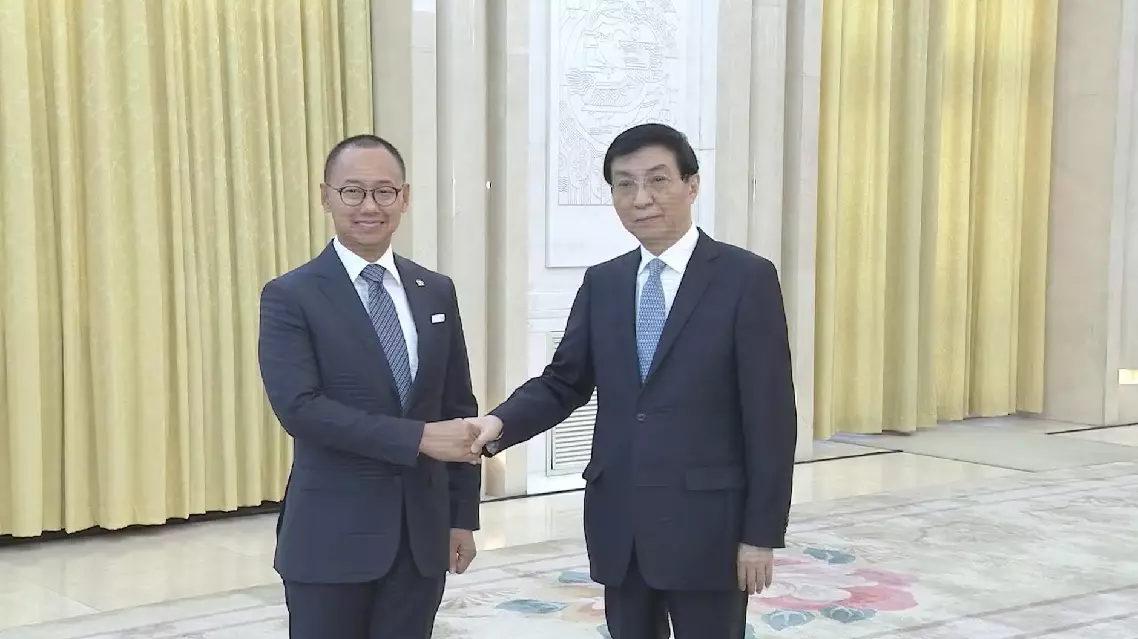
Top political advisor meets Indonesian deputy speaker
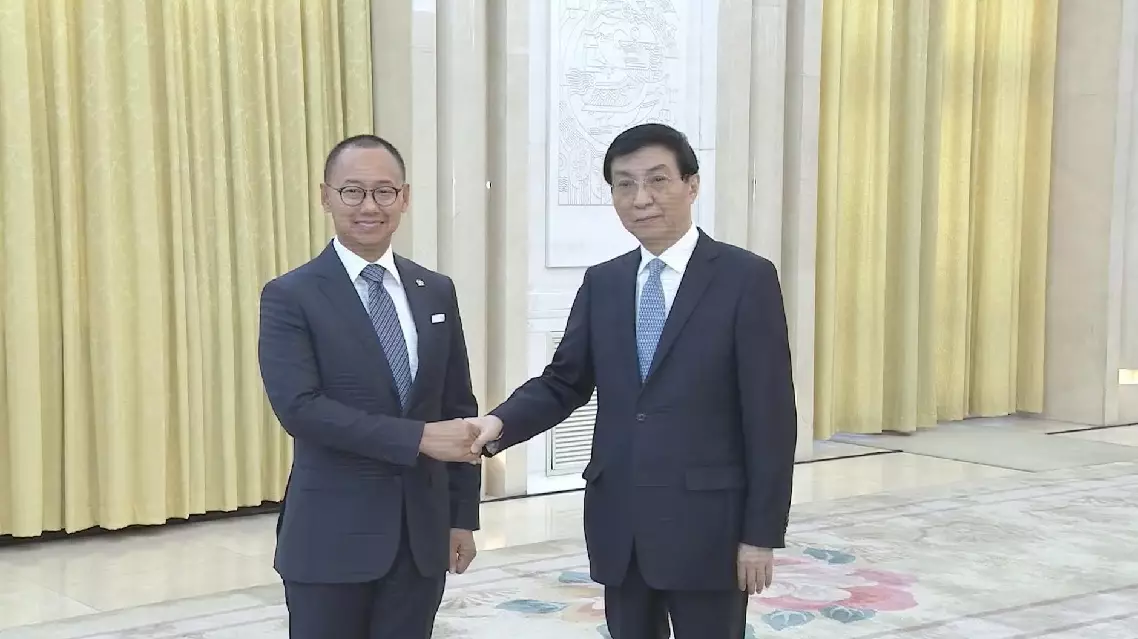
Top political advisor meets Indonesian deputy speaker
Life science experiments conducted onboard China's Tiangong space station will not only help experts to better protect the health of astronauts, but also provide vital new ideas for human disease treatment back on Earth, a Chinese researcher said in Beijing on Wednesday.
Pei Weiwei, an associate researcher at the State Key Laboratory of Radiation Medicine and Protection of Soochow University, was speaking after a special handover ceremony was held where scientists received the samples brought back by the Shenzhou-19 space mission, which landed earlier that day.
The mission's three crew members touched down safely at the Dongfeng landing site in north China's Inner Mongolia Autonomous Region around Wednesday lunchtime, after their return had been postponed by a day due to unfavorable weather conditions on the ground.
During their six-month stay in space, Shenzhou-19 mission commander Cai Xuzhe, alongside young astronauts Song Lingdong and Wang Haoze, who is also China's first female space engineer, carried out an extensive series of scientific experiments and medical tests to assess the impact of space travel on human health and on other living organisms.
The returned samples include bone cells, human induced pluripotent stem cells and human bronchial epithelial cells. Scientists will conduct molecular biology research on these key samples, assessing the effects of the zero-gravity environment on human tissues and the impact of space radiation, according to Pei.
"The carcinogenicity of space radiation has always been a focus of our research, and the epithelial cells of the lungs are the most susceptible to tumors. So we are studying the evolution of lung epithelial cells into tumor cells in space radiation and some of its mechanisms. Based on this data, we aim to establish a space radiation risk assessment system suitable for Chinese astronauts. At the same time, we hope to provide some theoretical support for radiation monitoring and a complete radiation protection system," he said.
Pei said that such experiments and related research will not only help protect the health of astronauts, but can also offer new ideas to human health problems back on Earth, such as the diagnosis and treatment of lung cancer. It will also provide a new theoretical basis and experimental support for exploring health problems such as osteoporosis, muscle atrophy and decreased cardiovascular function, he added.
Space life science mainly studies the responses and changes of life activities at all levels from biomolecules to organisms under conditions such as microgravity, space radiation, and sub-magnetism, as well as their combined conditions, and explores the deep mechanisms of life phenomena.
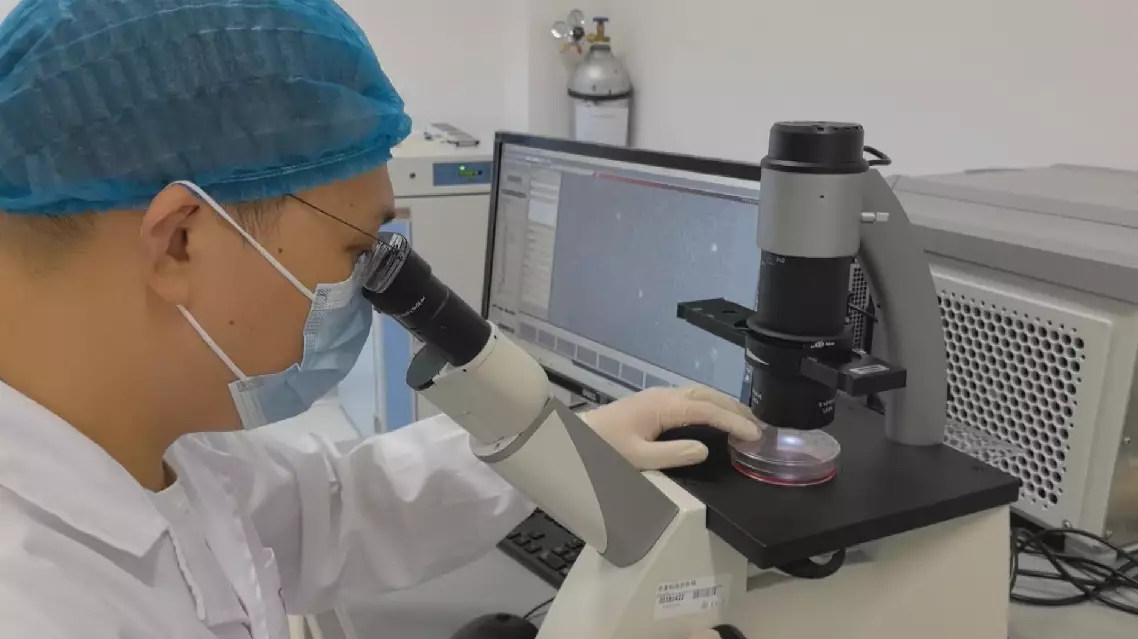
Space experiments can offer new approaches to tackling human health issues: expert




